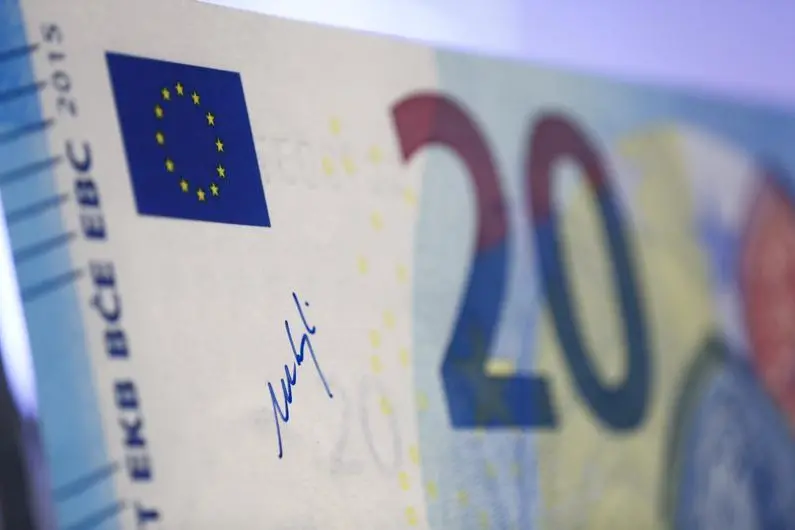PHOTO
LONDON - The euro ticked higher before a meeting of the European Central Bank on Thursday, with the dollar declining versus major peers as plans for a massive U.S. stimulus package fuelled market optimism and sapped demand for safe-haven currencies.
Stock markets reached record highs on Wall Street and in Asia following the inauguration of Joe Biden, amid hopes the 46th president of the United States would secure a $1.9 trillion package to prop up the COVID-19 hit economy.
The dollar index slipped 0.2% to 90.240, declining for a third day after touching a nearly one-month high of 90.956 on Monday.
The euro gained 0.2%, reversing a similar decline from the previous session, to trade at $1.2134 EUR=EBS about four hours before the ECB's policy announcement at 1245 GMT.
"We don’t expect many fireworks from the European Central Bank meeting", ING strategists said, foreseeing "a fairly uneventful day for the euro".
Many analysts expect the dollar to continue its downtrend trend, which saw it lose nearly 7% in 2020 amid ultra-loose U.S. monetary policy and hopes for a post-pandemic global recovery.
"While the idiosyncratic euro story remains unexciting (the eurozone will not outperform the U.S. economy this year and any ECB policy normalisation is a very distant story), we expect the bearish dollar dynamics to dominate", the ING strategists said.
The dollar also lost 0.1% at 103.505 yen on Thursday, after dipping to a two-week low of 103.33.
The Bank of Japan kept monetary policy unchanged on Thursday while revising up its economic forecast for next fiscal year.
Norway's central bank left its key policy interest rate at a record-low zero percent on Thursday, as expected, and said the economy was developing largely as anticipated.
Norges Bank has said it plans to raise rates early next year as the economy recovers from the coronavirus pandemic, which could making it the first among G10 central banks to raise the cost of borrowing.
The Aussie dollar rose 0.2% to 77.62 U.S. cents, adding to a 0.7% rally in the previous session. Australia boasted another solid rise in employment in December, data released Thursday showed.
The U.S. currency slipped against the Canadian dollar, down 0.13% to C$1.2618 after the Bank of Canada opted not to cut interest rates.
The central bank said on Wednesday that the arrival of a COVID-19 vaccine and stronger foreign demand is brightening the economic outlook in the medium term, opting to hold its key overnight interest rate at 0.25%.
(Reporting by Julien Ponthus; editing by Simon Cameron-Moore, Larry King) ((Kevin.Buckland@thomsonreuters.com;))





















